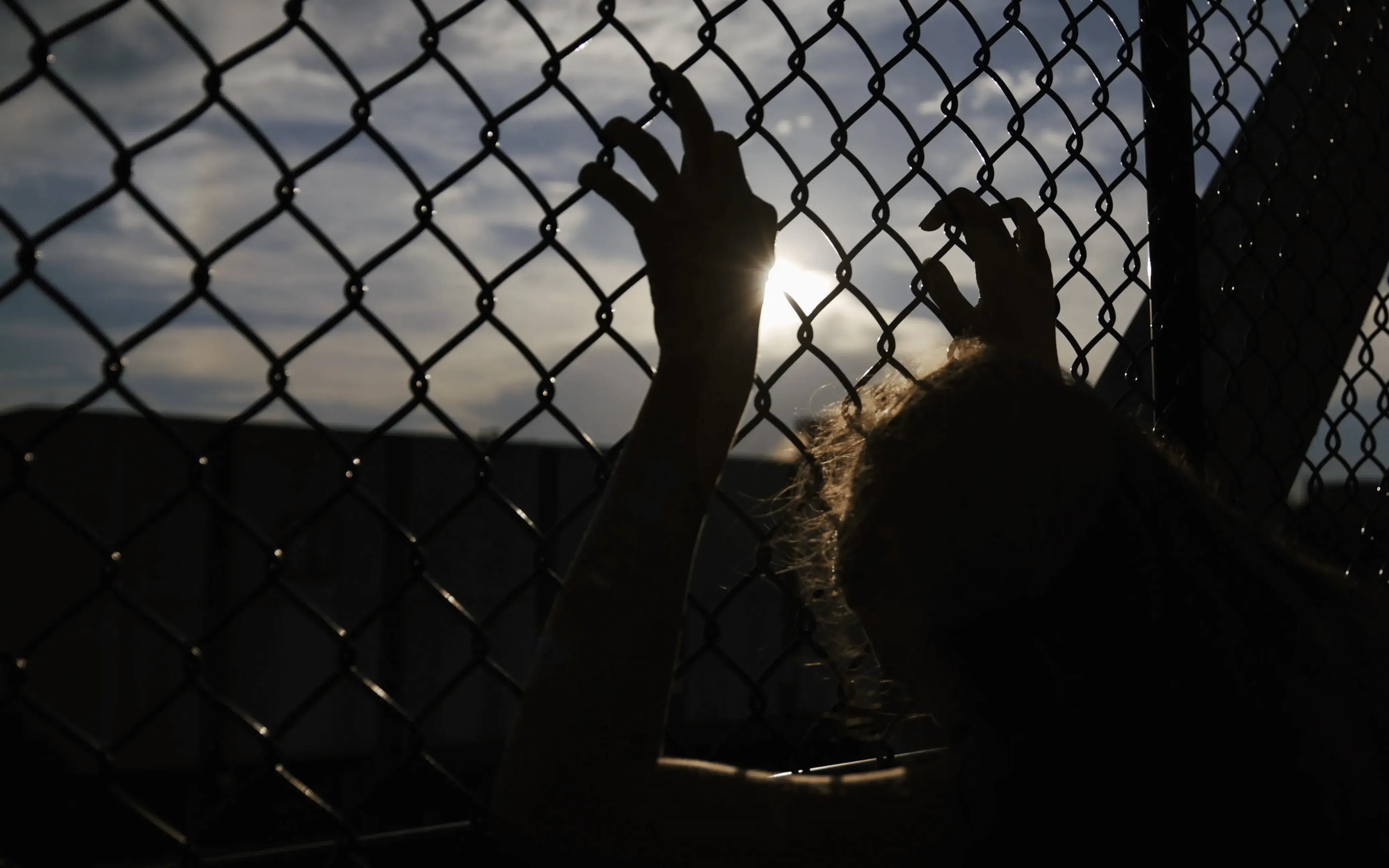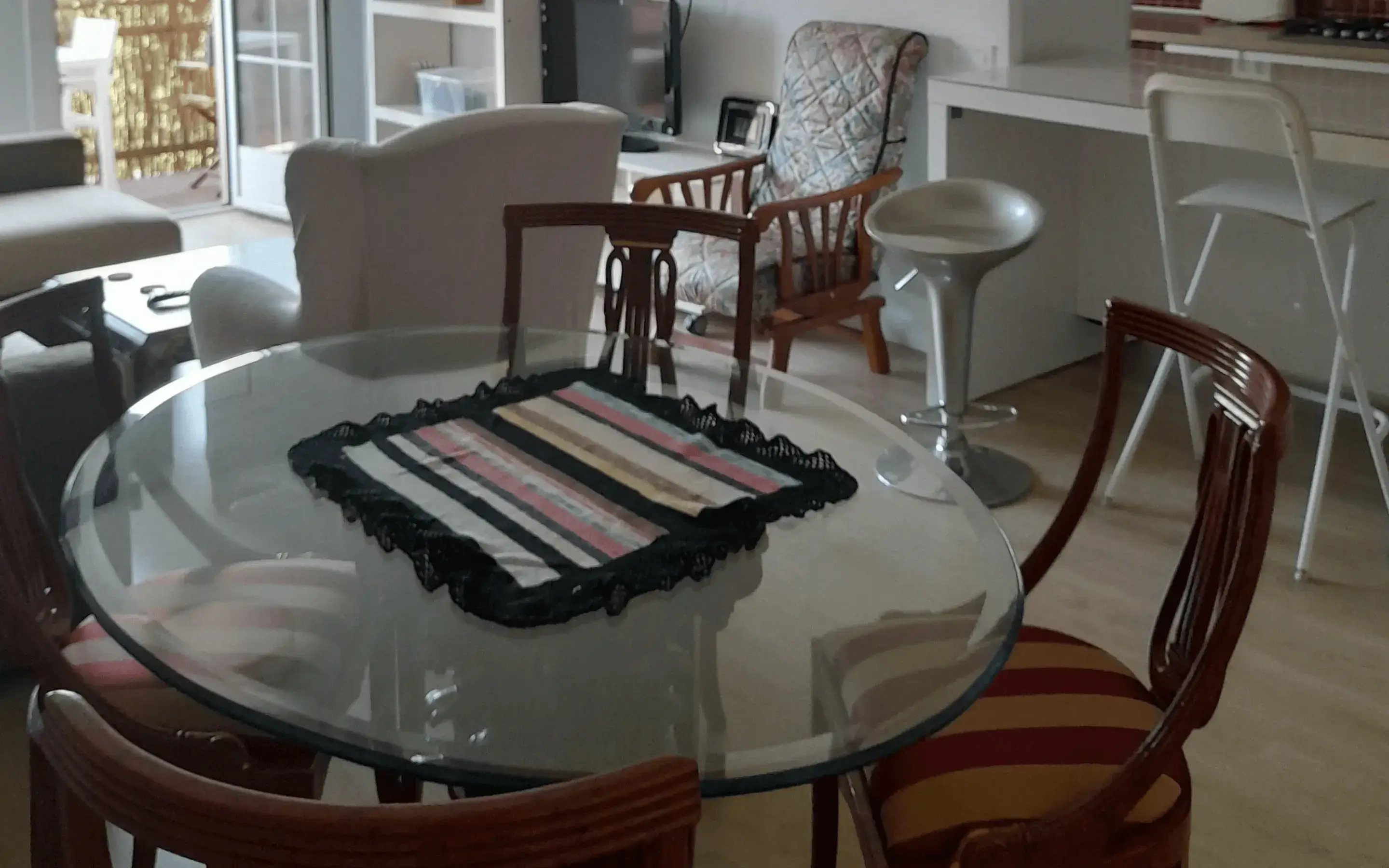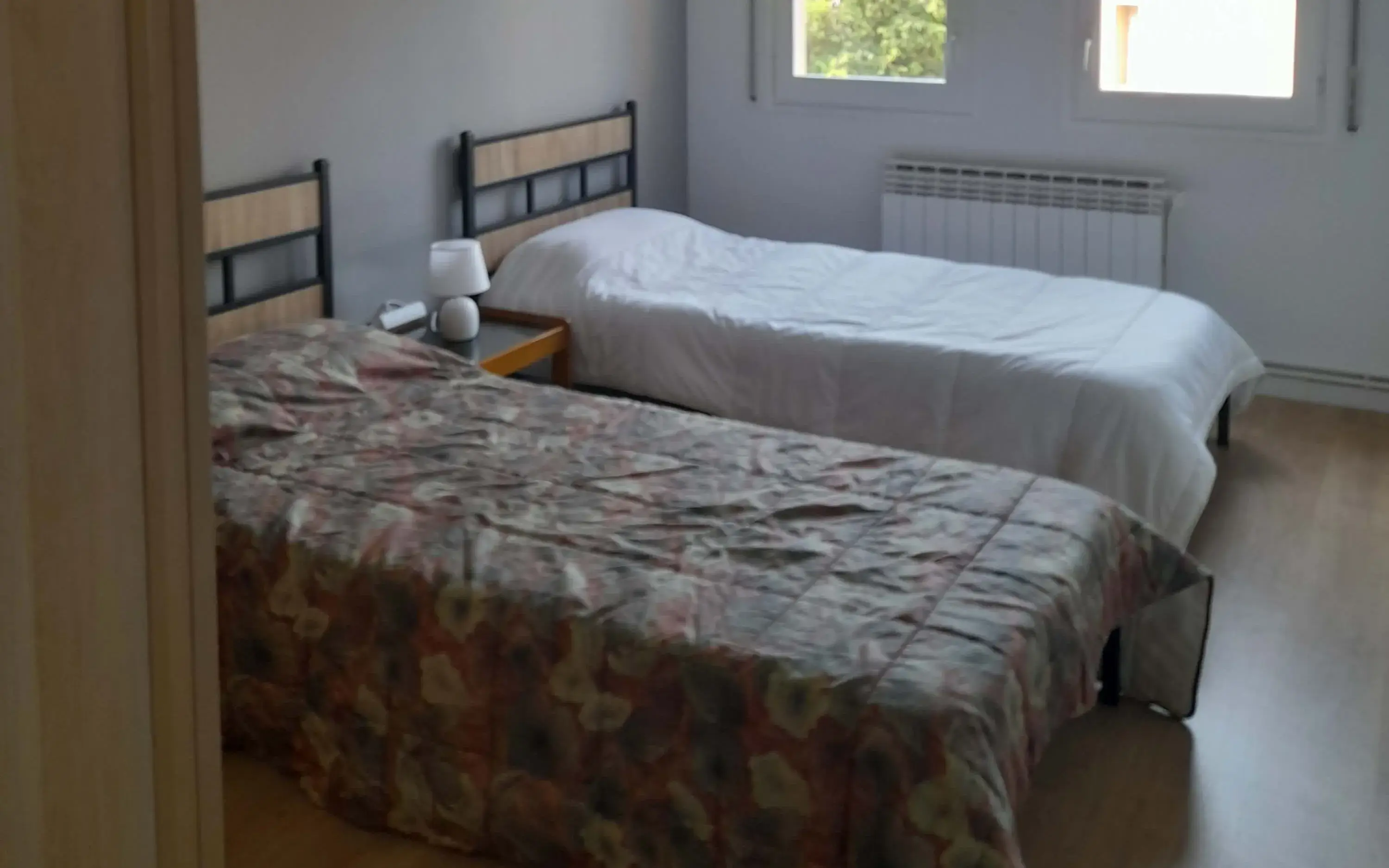Mumbai Smiles inaugurates a residential resource in Barcelona to provide decent housing, cover essential needs, and offer social and labor integration to victims of human trafficking.
Fighting human trafficking and providing care for victims is one of the main areas of Mumbai Smiles’ work. This serious issue represents a violation of the human rights of thousands of people who are trapped in networks of sexual and labor exploitation.
Out of the need to provide a safe space of hope and opportunities in Barcelona, ‘Projecte Niu’ was born, an initiative that is part of the support program the organization is developing in Catalonia. Mumbai Smiles has set up an apartment for six people, equipped with all the basic needs and comforts necessary for a dignified life. In addition, they provide guidance throughout a social and labor integration process so that participants can find decent employment and fully integrate into the city.
“The project emerged from a context of great need because it was very difficult for us to find a reception resource in the area. In Spain, there are very few available, and in Catalonia, there are hardly any places,” explains Goretti Arana, the project manager. The initiative is specifically dedicated to welcoming six men who are victims of labor trafficking, coming from countries in South Asia.
The residents receive specialized care adapted to their cultural, linguistic, and social characteristics, and all basic needs are covered — from food and health care to psychosocial counseling — to help them overcome the traumatic experience they have lived through. The program includes pre-employment training, Spanish language learning, legal guidance, and support with administrative processes for regularization.
The organization has detected an increase in labor trafficking cases in Spain, affecting both men and women. They believe it is necessary to offer a labor integration program that also includes dignified housing. “The goal is that, when people finish their stay in the apartment, they will have completed a cycle of training and language learning so they can become self-sufficient,” says Arana.
A safe space to live and fully recover
The first step when starting the reception protocol for trafficking victims is to identify the risk factors affecting the person. If it is confirmed that the person is being subjected to this type of exploitation, the police intervene, and the organization accompanies the individual to all interviews and provides guidance. “People recognized as victims of trafficking have the right to residence and work permits. Once they obtain them, that’s when we begin the process of social and labor integration,” adds the project manager.
The next stage of the project is a personalized meeting to individually inform participants about the program breakdown, their rights, and the support process they will experience, always with the help of interpreters for those who do not speak the language. “The apartment where they live is autonomous; we simply make sure it functions correctly through visits and weekly sessions. We are always open to suggestions to meet people’s needs, and we also provide psychosocial support,” emphasizes Goretti Arana.
Human trafficking in the labor sector
The concept of trafficking is often associated with the sexual exploitation of women because, unfortunately, it is the most well-known reality. However, networks of labor trafficking are being discovered in Spain that exploit men. “When we opened the project, we focused on individuals from South Asia and found that, in this part of the world, most victims are subjected to labor trafficking,” Arana explains.
Labor exploitation is understood as being forced to work under conditions that violate fundamental rights, without the freedom to leave the job, with documents withheld, threats, coerced debts, or other forms of coercion.
Unfortunately, it is a reality that continues to grow. Various indicators in recent years show an increase in men who are victims of labor trafficking, in a context where inspections and investigations in the sector have also increased. Mumbai Smiles encourages citizens to report any suspicious behavior or situation they detect, as every report helps raise awareness of this issue. The organization conducts prevention talks to educate the public and create a reporting channel.
They also provide training for professionals who work directly with trafficking victims, such as Social Services or the International Protection Reception System, among others. “We believe it is important for them to be able to detect and refer these individuals to reception programs since there are signs and factors that indicate when someone is a victim of trafficking,” explains Arana.
Future challenges
Mumbai Smiles is very excited about the launch of this project and hopes that all the effort will lead to a significant improvement in these people’s lives. “It’s wonderful to finally have this resource because, until now, we often had to ask for help to house male trafficking victims who contacted us, as there weren’t enough resources of this kind,” says Goretti Arana.
‘Project Niu’ replicates the program that Mumbai Smiles has been running in India for years, where they provide housing and care for women survivors of human trafficking and sexual exploitation.









Add new comment